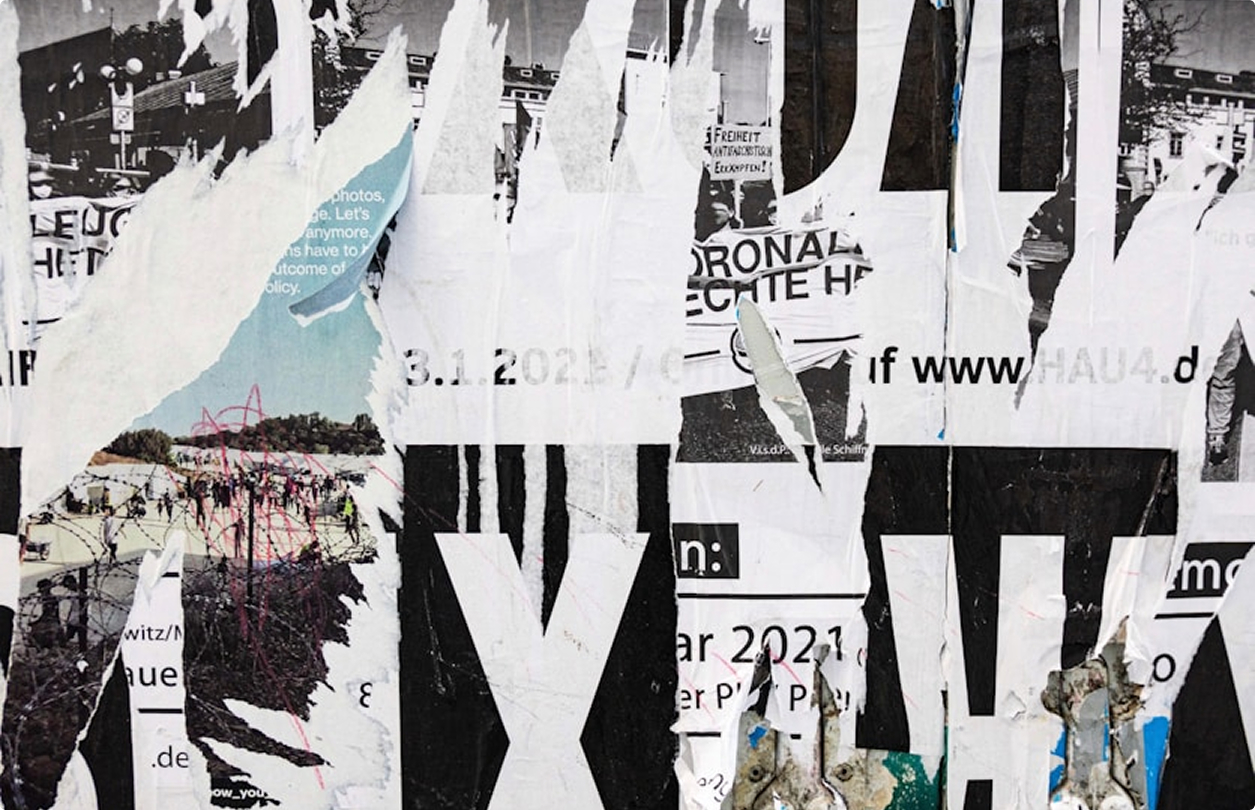







Exploring what depression might be protecting or communicating
What if depression isn't just happening to you, but is actually trying to tell you something important? What if the heavy numbness, the profound loneliness, and that feeling of being fundamentally disconnected from everything and everyone isn't a malfunction—but information?
These questions challenge the dominant story most of us have learned about depression: that it's simply a chemical imbalance requiring correction, a disorder to be managed, or worse, evidence that we're broken. But research increasingly suggests that depression might be better understood as a response to disconnection—and that the emotional pain it brings might actually be communicating something vital about our human needs.
Research describes depression as "an illness of isolation, a disease of disconnection," where individuals experience a profound erosion of their ability to share experiences with others. This isn't just about being physically alone—it's about the loss of what researchers call "we-experiences," those moments when we feel genuinely connected to and understood by others.
Neurological research supports this understanding, with brain imaging studies showing that depression may indeed be considered a "disconnection syndrome," characterized by impaired white matter integrity that links different brain regions. The physical brain changes mirror the emotional reality: pathways that typically help us connect—to ourselves, to others, to meaning—become disrupted.
Large-scale studies tracking thousands of older adults over time have found that social disconnectedness predicts higher levels of perceived isolation, which in turn predicts higher levels of depression and anxiety symptoms. But the relationship works both ways: depression also increases perceived isolation, creating what researchers describe as a vicious cycle.
When we view depression through the lens of disconnection, we can start to see it differently. Rather than a random affliction, depression begins to look like a reasonable response to losing connection to what matters most. As one psychotherapist puts it: "it's not the brain gone wrong but life going wrong".
Your depression might be protecting you from:
Further rejection or abandonment. If connection feels dangerous because past attempts have led to hurt, depression's withdrawal can feel safer than risking more pain. The numbness becomes a shield.
Disappointment and false hope. When life has taught you that good things don't last or aren't meant for you, depression's pessimism can feel more honest than optimism. Why get your hopes up just to have them crushed again?
The overwhelming demands of a disconnected world. In cultures that prioritize productivity over relationship, individual success over community care, depression's fatigue might be your system saying "I can't keep up with this pace while feeling so alone."
Acknowledging how much something mattered. Sometimes depression protects us from fully feeling the magnitude of what we've lost—a relationship, a dream, our younger selves. The numbness keeps the grief manageable.
If we listen carefully, depression often carries important messages about our deepest needs and values:
"I need genuine connection." The isolation of depression can highlight just how much authentic relationship matters to you. Your system might be communicating that surface-level interactions aren't enough—you need to be truly seen and understood.
"Something about my life doesn't align with who I really am." Depression and anxiety can manifest when there's incongruity between our authentic selves and how we're living, even when we "appear to have everything we need". The emotional pain might be pointing toward values you've compromised or parts of yourself you've hidden.
"I'm grieving." Depression often accompanies loss—not just of people, but of dreams, identities, phases of life, or ways of being in the world. The sadness might be honoring the significance of what's changed or ended.
"I need meaning and purpose." Research points to "lost connections to a sense of hope for the future" and "lost intrinsic values such as love" as contributors to depression. Your low mood might be highlighting that work, relationships, or activities that once felt meaningful no longer do.
"The way I'm treating myself isn't working." Sometimes depression emerges when our inner critic has become so harsh that our system essentially shuts down in self-protection. The emotional pain might be asking for self-compassion.
Narrative therapy recognizes that "making the distinction between 'an individual with problems' and a 'problematic individual' is vital," emphasizing that "the problem is the problem, the person is not the problem". This perspective allows us to separate ourselves from depression while still honoring what it might be trying to communicate.
Instead of asking "What's wrong with me?" we might ask:
This doesn't mean romanticizing depression or avoiding professional help when needed. Research shows that narrative therapy approaches can significantly improve depressive symptoms, particularly when they help people externalize their problems and develop alternative, more empowering stories about their lives.
If depression emerges from disconnection, then healing often involves rebuilding authentic connections—to ourselves, to others, to meaning, to hope. This might look like:
Reconnecting to your story. Narrative therapy helps people see how they can "uncover the dreams, values, goals, and skills that define who they are, separate from their problems". You get to author new chapters that honor your full humanity.
Reconnecting to others. This doesn't mean forcing yourself to be social when you're not ready. It means gradually building relationships where you can be authentic, where your feelings make sense, where you don't have to perform being "fine."
Reconnecting to what matters. Healing approaches focus on "finding meaning in work, community, environment, and in oneself". What used to bring you alive? What values do you want to live by? What kind of impact do you want to have?
Reconnecting to your body and the present moment. Depression often involves disconnection from physical sensations and present-moment awareness. Gentle practices that bring you back into your body can rebuild this fundamental connection.
What if, instead of seeing your depression as evidence that something's wrong with you, you viewed it as information about what's wrong with your circumstances, relationships, or the stories you've been told about yourself?
Your hurt feelings—including the deep, persistent hurt of depression—might be pointing you toward exactly what you need most. Not because pain is good, but because it often signals when something important is missing or misaligned.
This perspective doesn't make depression easier, but it can make it feel less shameful and more meaningful. Your emotional reality matters. The connections you're grieving matter. The life you're longing for matters. And sometimes, honoring that longing is the first step toward creating the authentic connections that can help depression begin to lift.
You're not broken for feeling disconnected in a world that often prioritizes achievement over relationship, productivity over presence, and positivity over authenticity. Your depression might just be your wisest self saying: "We need something different. We need something real."
If you're experiencing depression, please consider reaching out to a mental health professional. While understanding depression as disconnection can be healing, professional support can provide additional tools and perspectives for your journey toward reconnection and wellbeing.